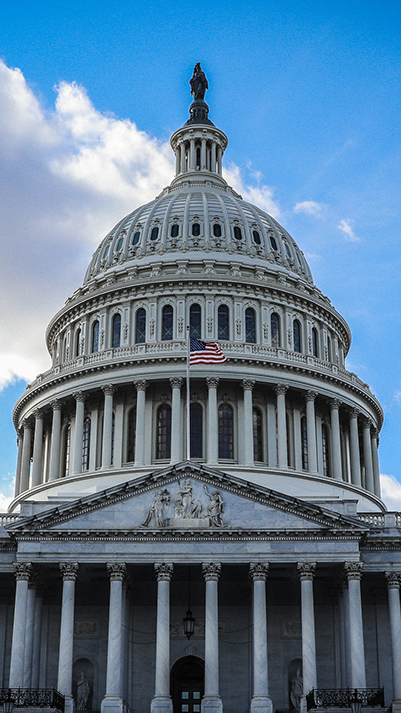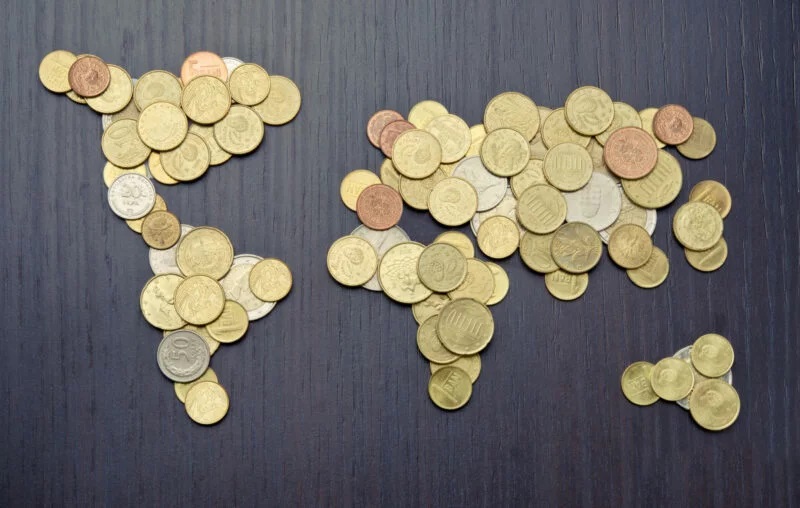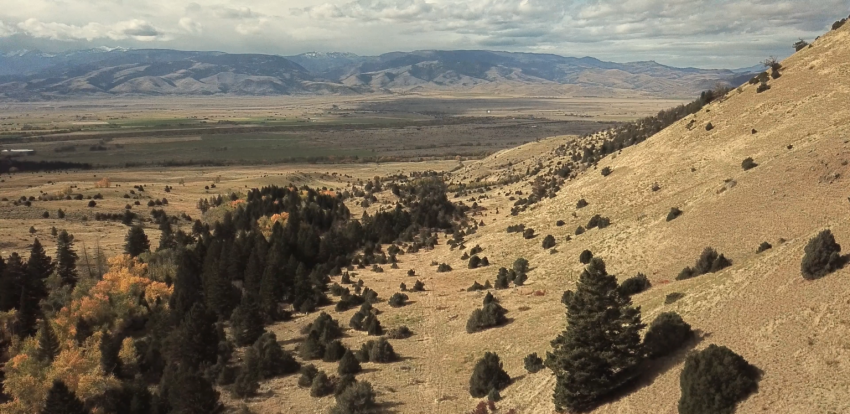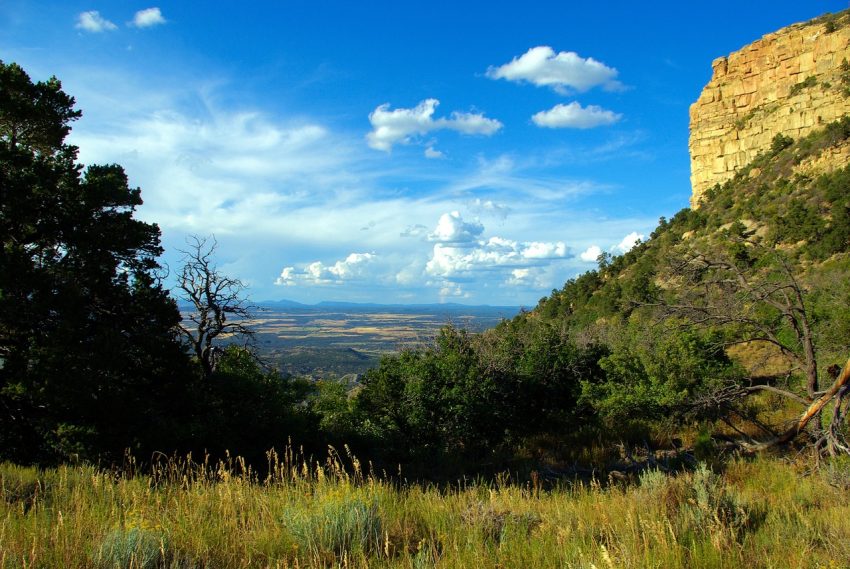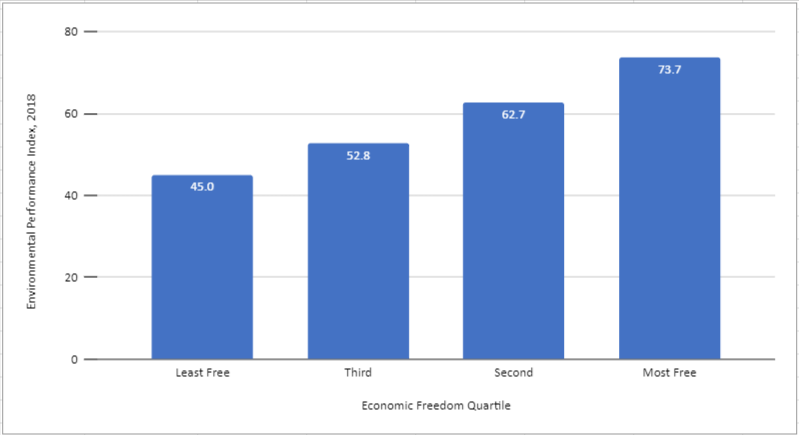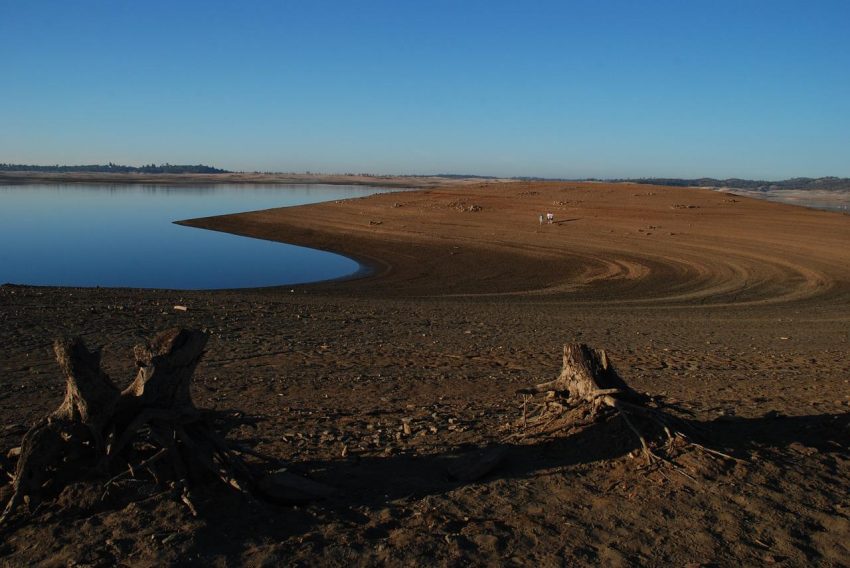It seems like the real “climate deniers” are the people who keep repeating myths and ignoring facts. Here are some examples:
Polar bears are doing just fine: “The population has risen from around 12,000 in the 1960s to about 26,000.”
So is the Great Barrier Reef: For the past three years the Great Barrier Reef has had more coral cover than at any point since records began in 1986, with 2024 setting a new record.
So are the small Pacific islands: Almost all atoll islands are stable or increasing in size. In fact, scientific literature has documented this for more than a decade.
Heat is not more dangerous than cold: In July, President Biden claimed “extreme heat is the No. 1 weather-related killer in the United States.” He is wrong by a factor of 25.
